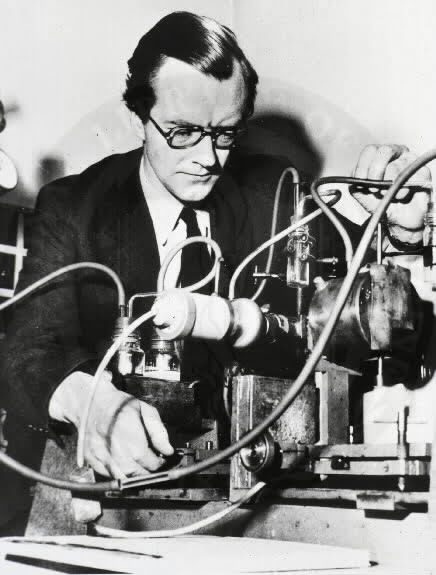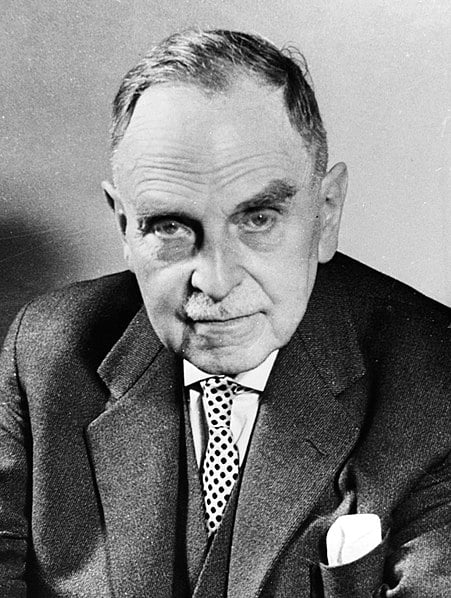| Name | Louis Pasteur |
| Born | 27 December 1822, Dole, France |
| Died | 28 September 1895 (aged 72), Marnes-la-Coquette, France |
| Education | École Normale Supérieure, University of Paris |
| Known for | Germ theory of disease, Rabies vaccine, Cholera vaccine, Anthrax vaccines, Pasteurization |
| Spouse | Marie Laurent (m. 1849) |
| Children | 5 |
| Awards | Legion of Honor Grand Cross (1881), Rumford Medal (1856), Foreign Member of the Royal Society (1869), Copley Medal (1874), Albert Medal (1882), Foreign Associate of the National Academy of Sciences (1883), Cameron Prize for Therapeutics (1889), Leeuwenhoek Medal (1895), Order of the Medjidie |
| Fields | Biology, Microbiology, Chemistry, Mathematics, Physics |
| Institutions | University of Strasbourg, University of Lille, École Normale Supérieure, Pasteur Institute |
| Notable students | Charles Friedel |
| Scientific career | Disproved spontaneous generation, developed germ theory of diseases, discovered principles of vaccination and microbial fermentation, initiated the field of optical isomerism |
| Legacy | Foundational contributions to hygiene, public health, modern medicine; credited with saving millions of lives through vaccines; regarded as one of the founders of modern bacteriology and microbiology |
| Controversies | Historical reassessment revealed he practiced deception to overcome rivals |
| Final Position | Director of the Pasteur Institute (established in 1887) until his death |





